Genetics
-
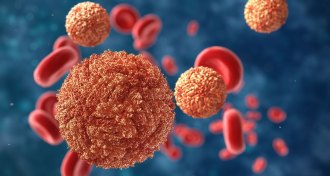 Genetics
GeneticsThe Zika epidemic began long before anyone noticed
Zika spread undetected into Brazil and Florida, a genetic study suggests.
By Laura Beil -
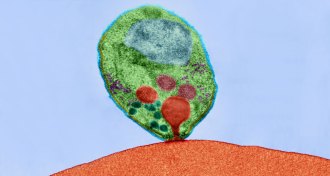 Genetics
GeneticsHybrid protein offers malaria protection
Rare hybrid protein that spans red blood cell membranes offers some protection against malaria.
-
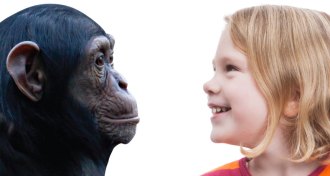 Genetics
GeneticsJumping genes play a big role in what makes us human
Jumping genes have been a powerful force in human evolution.
-
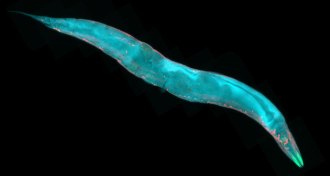 Genetics
GeneticsSelfish genes hide for decades in plain sight of worm geneticists
Crossing wild Hawaiian C. elegans with the familiar lab strain reveals genes that benefit themselves by making mother worms poison offspring who haven’t inherited the right stuff.
By Susan Milius -
 Health & Medicine
Health & MedicineBreast cancer cells spread in an already-armed mob
Source tumors may already contain the mutations that drive aggressive cancer spread.
-
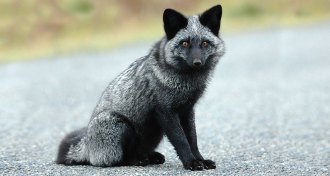 Science & Society
Science & SocietyFox experiment is replaying domestication in fast-forward
How to Tame a Fox recounts a nearly 60-year experiment in Russia to domesticate silver foxes.
-
 Genetics
GeneticsAncient DNA bucks tale of how the horse was tamed
DNA from ancient horses reveals early domestication involved plenty of stallions.
-
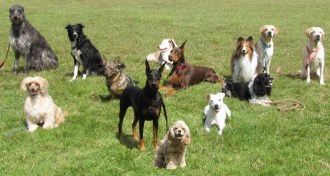 Animals
AnimalsDog DNA study maps breeds across the world
Here are five findings from a massive study of dog breed genomes.
-
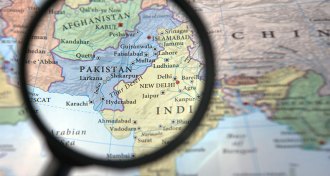 Genetics
GeneticsGene knockouts in people provide drug safety, effectiveness clues
People naturally lacking certain genes give clues about drug safety and efficacy, a study in Pakistanis shows.
-
 Health & Medicine
Health & MedicineGenetic risk of getting second cancer tallied for pediatric survivors
Inherited mutations, not only treatment, affect the chances that a childhood cancer survivor will develop a second cancer later in life.
-
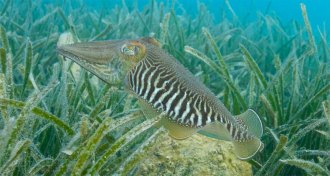 Genetics
GeneticsCephalopods may have traded evolution gains for extra smarts
Editing RNA may give cephalopods smarts, but there’s a trade-off.
-
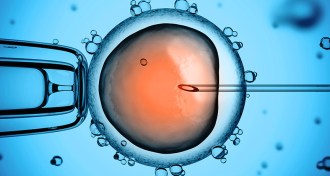 Genetics
GeneticsGene editing of human embryos yields early results
Gene editing in embryos has started in labs, but isn’t ready for the clinic.